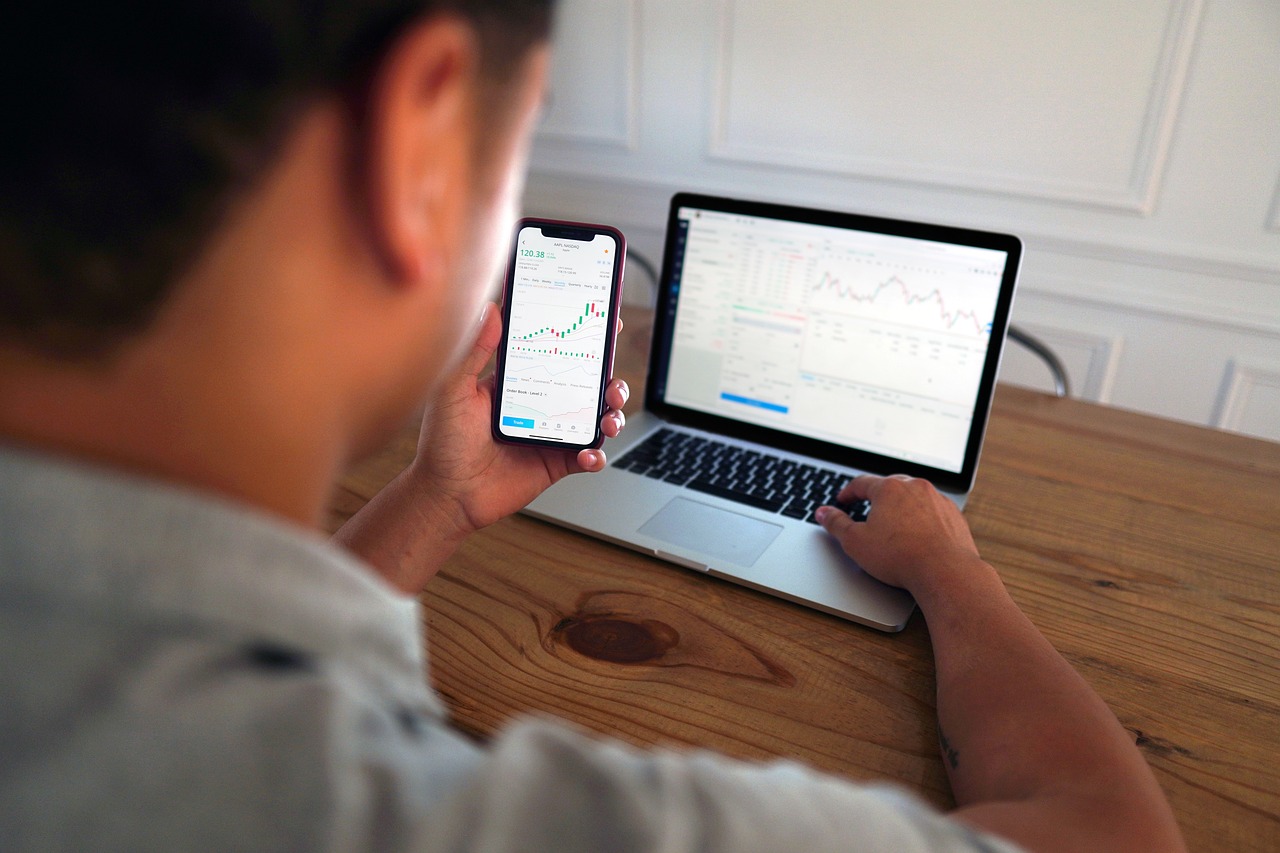Navigating the World of Online Trading: Futures Contracts, Commodities, Spread Trading, and Seasonality
Futures Contracts: The Backbone of Market Speculation
Futures contracts are standardized agreements to buy or sell an asset at a predetermined price at a specific future date. These contracts are widely used in markets ranging from commodities to financial instruments. Their contracts are priced according to market forces, supply and demand dynamics, and other influences that shape their value. Investors can use stops and limits through online trading in order to manage risk more effectively.
In online trading, futures contracts offer several advantages. They provide leverage, meaning traders can control large positions with relatively small capital. This amplifies potential profits but also increases risk. The liquidity in futures markets, particularly for popular contracts like the S&P 500, crude oil, or gold, ensures that traders can enter and exit positions with ease.
Commodities: Tangible Assets with Global Impact
Commodities are physical goods such as gold, oil, agricultural products, and natural gas. Trading commodities involves buying and selling these goods in standardized quantities and quality. The commodities market is driven by supply and demand dynamics, geopolitical events, and economic indicators.
Every time you drink coffee, drive to work, or purchase supplies for your home, you are consuming commodities. As opposed to brand-name goods, commodities are raw materials with little differentiation between producers. They have long been an influential asset class. Commodity investing can diversify an investment portfolio and protect against inflation.
Online platforms have made commodities trading more accessible, allowing traders to speculate on price movements without having to handle the physical goods. Contracts for difference (CFDs) are popular instruments for trading commodities online, enabling traders to take positions on price changes without owning the underlying asset.
Spread trading involves taking opposing positions in two related futures contracts to profit from the price difference between them. This strategy is less about predicting the direction of the market and more about capitalizing on the relative movement of prices.
There are two main types of spreads: intra-commodity and inter-commodity spreads. Intra-commodity spreads involve different contracts within the same market (e.g., different delivery months for crude oil). Inter-commodity spreads involve related markets (e.g., crude oil versus natural gas).
Spread trading offers several benefits. It generally involves lower risk compared to outright positions because the trader is hedged to some extent. Additionally, spreads can be less volatile, providing a more stable trading environment. Online platforms provide tools and data analytics to identify and execute spread trades efficiently.
Seasonality refers to predictable changes in market behavior at certain times of the year. These patterns can be influenced by various factors such as weather, agricultural cycles, and holiday seasons. Understanding seasonality is particularly valuable in commodities trading. For instance, heating oil prices tend to rise in the winter due to increased demand, while agricultural products might see price changes during planting and harvest seasons.
Traders can use seasonality to their advantage by analyzing historical data and identifying recurring trends. Many online trading platforms offer seasonality charts and tools to help traders visualize and exploit these patterns. By incorporating seasonality into their trading strategies, traders can improve their timing and increase their chances of making profitable trades.
The advancements in technology have democratized trading, making it accessible to a broader audience. Online trading platforms provide real-time data, advanced charting tools, and educational resources, enabling traders to make informed decisions. These platforms also offer algorithmic trading capabilities, allowing traders to automate their strategies based on predefined criteria.
Additionally, mobile trading apps have brought the markets to traders’ fingertips, enabling them to trade on the go. The integration of artificial intelligence and machine learning in trading platforms is further enhancing the ability to analyze vast amounts of data and predict market movements.
Despite the opportunities, online trading is inherently risky. Traders need to employ robust risk management strategies to protect their capital. This includes setting stop-loss orders, diversifying their portfolios, and avoiding over-leveraging.
Education is crucial for success in online trading. Traders should continually educate themselves about market dynamics, trading strategies, and the specific instruments they are trading. Many online platforms offer educational resources, including webinars, tutorials, and market analysis, to help traders enhance their skills.


